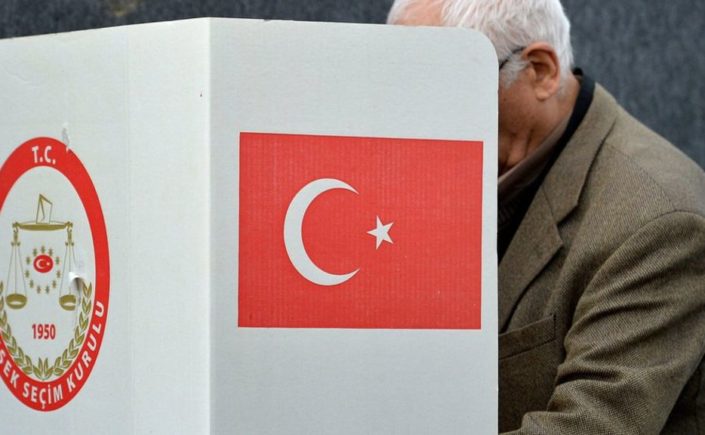Turkish president Recep Tayyip Erdogan and the country’s prime minister from the ruling Justice and Development Party (AKP) have declared victory in the Sunday referendum, won by a narrow margin and designed to hand Erdogan full power.
The new constitution grants autocratic Erdogan vast powers, including the ability to appoint judges without input from parliament, issue decrees with the force of law, and dissolve parliament. The president would also have the sole prerogative over all senior appointments in the bureaucracy and exercise exclusive control of the armed forces.
The amendments obviate the need for the post of prime minister, which would be abolished. With massive imbalances and virtually no checks on the head of state, all hopes for a democratic Turkey are over.
The entire referendum campaign took place amid political crackdown in the aftermath of a deadly military coup last July, the details of which are still unclear. After the coup attempt, Erdogan has deliberately polarized his country, spreading terror through large-scale purges, with authorities jailing 40.000 and dismissing tens of thousands of civil servants, soldiers, police officers, teachers, justice officials and others from their jobs. In a parallel set of court cases, hundreds of members of the opposition the Peoples’ Democratic Party (HDP) have been imprisoned on terrorism charges, among them Members of Parliament.
The Organization for Security and Cooperation in Europe (OSCE), which monitored the vote and the campaign that preceded it, concluded in its preliminary assessment that the referendum took place in an environment of unfairness that failed to fully measure up to international standards.
As independent media outlets and their dozens of journalists were arrested or exiled, the AKP’s campaign for Yes dominated Turkey’s media and public spaces.
During the campaign, the AKP rallied nationalist voters by equating the No camp with terrorism. According to the OSCE, the state did not ensure that voters were provided with impartial or balanced information on the amendments and their potential impact, thus limiting their ability to make an informed choice.
Whilst IUSY neither condone nor support Islamaphobia that is inherent within the right-wing populist narrative, we must point out that Erdogan’s use of religious polarisation and instrumentalising Islam to fan ethnoreligious nationalistic sentiment is something that must be fought and condemned.
IUSY stands in full solidarity with our comrades from HDP and CHP in their fight for democracy and freedom.
The international community must stop to ignore all kind of human rights violations in the country and put necessary pressure to release the members of the opposition, journalists, and all political prisoners.
IUSY will continue to fight for democracy, justice, and freedom, in Turkey, and all over the world!

